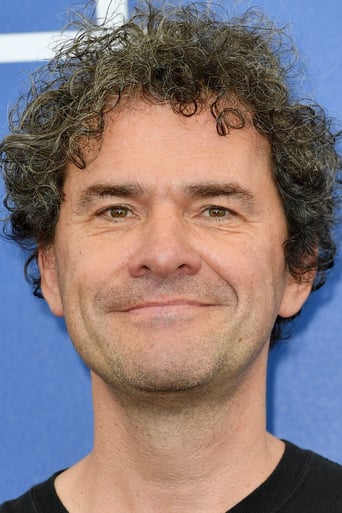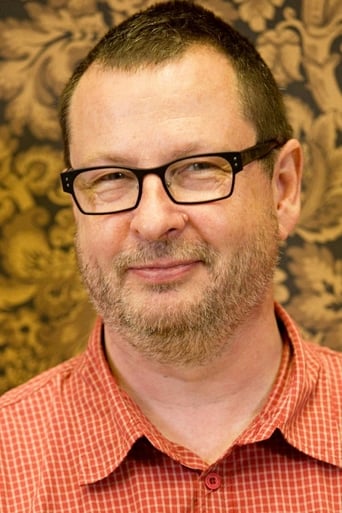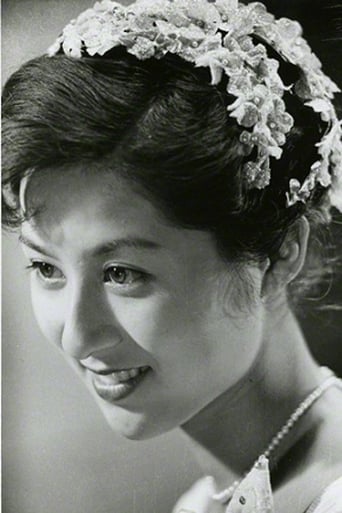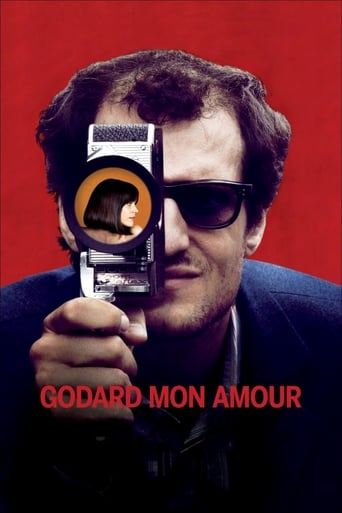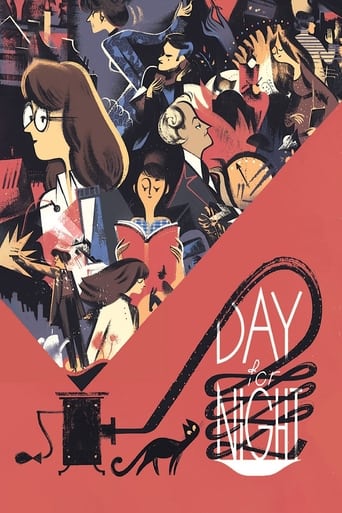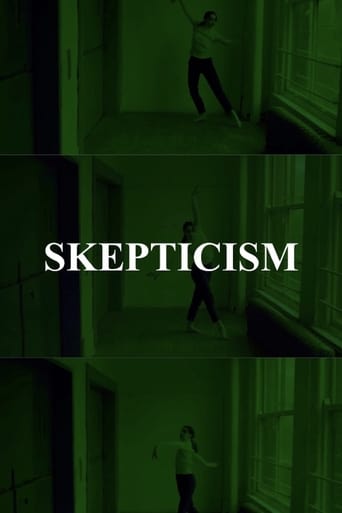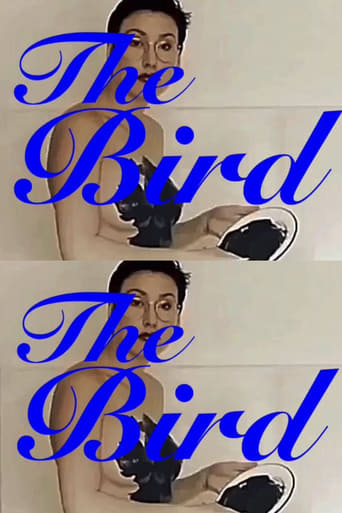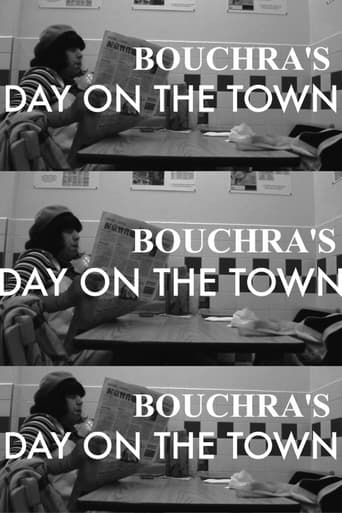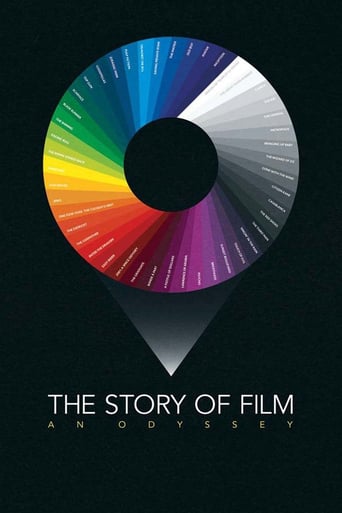

The Story of Film: An Odyssey (2011)
The story of international cinema told through the history of cinematic innovation. Covering six continents and 12 decades, showing how film-makers are influenced both by the historical events of their times, and by each other.
Watch Trailer
Cast


Similar titles
Reviews
Utterly sublime! Quite simply the most informative, most entertaining, most sumptuously produced documentary on the history of film ever made. And that includes the effort by critical darling Jean-Luc Godard! Not only is Cousin's as fervent a fan of cinema as you're likely to find anywhere, but he is also extraordinarily knowledgeable and therefore informative and really does, as he says, redraw the map of cinematic history. His refreshing retrospective of this particular art's great history is careful not to adhere to the usual hero-worshipping of Hollywood cinema (though it's icons get their due!) as well as avoiding the obvious narrow-mindedness in believing that cinema's only icons are wealthy, white, middle-class Americans or Europeans (though once again, those deserving from this category are indeed rightly praised). The one major criticism I've hear regarding this series is that Cousins' voice and unusual intonation can be slightly grating. I will admit that it is not a particularly traditional narration as far as documentaries go, but personally I find his truly unique way of framing his subjects in a gentle, almost inquisitive way (helped of course by his dulcet Belfast accent!) to be both informative and comforting, making me feel that the man making this film is on my level, not haughty and superior, guiding me through a subject about which he and I are both passionate. It puts me in the mind of the documentaries of Werner Herzog, whose tranquil Teutonic tones might be describing something totally terrifying or unfathomable, but somehow still put me at ease and make me feel as if I am on his side.In short, an absolutely wonderful film, and a must watch for anyone who has even the slightest interest in the history, the creation of or simply the enjoyment of cinema! 10/10
Something special just for lovers. Did not even know that I'm one before I watched the series. A stunning walk in film history in more than a century of film making.The series begins with a careful explanation of how people came to the idea of shooting movies and continues with monitoring the development of film techniques and acting over the years. The viewer is told how the art evolves frame by frame, how new approaches emerge, who borrows techniques from whom and who makes remakes of whom.From the early silent films to the latest headlines, published last year, the story of the film keeps us in suspense and puts us questions. How much are we familiar with valuable titles in the industry? Do we know the directors? Of course we could never have film coverage that is offered to us, because it consists of film history all around the world! I personally stopped by, and wrote down, about 180 titles to watch and the whole amount was probably something like 250. This will be the second project, after the war films, in which I put myself and will keep you informed on its development.http://vihrenmitevmovies.blogspot.com/
Finally, after six weeks, my endurance finally triumphed over the 900 minutes of Mark Cousin's "Story of Film: an Odyssey", a series of 15 one-hour documentaries starting with the same close-ups that set the documentary's tone of unpredictability to those who expected Scorsese or Tarantino to lead the show: Stanley Donen, Lars Von Trier, Amitab Bachchan, Kyōko Kagawa, Jane Campion and Sharmila Tagore. Not familiar with them? Wait, you've seen nothing yet.First and immediate impression: it was an extraordinary trip, yet the ending was a bit of a letdown. I didn't expect the sight of people walking in circle, hand-in-hand, in some African town, to close such an epic tour, a tour-de-force as far as documentary is concerned but again, with this constant and sometimes infuriating tendency to surprise you. In fact, the last shot of Cousin's documentary is revealing of both his work's strength and flaw: it guides your eyes toward new horizons, where film-making was expressed to its fullest by artists who took the absence of means as a mean by itself and contributed to mark their country in International Cinema's map; on the other hand, it's a slap in the face of all the movie-buffs giving the most obscure movies the publicity that posterity didn't grant them.For instance, there had to be a reason why "The Great Train Robbery" was the first film remembered for having used editing as a significant part of the narrative, yet Cousins pays tribute to an unknown movie about firemen. Watching his doc made me feel like the most confused movie fan ever wondering why some indisputable classics got the same treatment than some obscure Russian, Brazilian or Scandinavian movies. Hitchcock borrowed his use of suspenseful sequences and some low angle shots from Danish and German cinema while "Citizen Kane"'s use of backgrounds was inspired by Ozu. No star of the reel invented the wheel, cinema was only the result of a series of innovations, and Cousins' speaks like the advocate of all the pioneers whose creations were shadowed by the cinematic light of glory they generated a posteriori.But then, as if he was exhilarated by his own subversion, Cousins goes as far as suggesting that "Casablanca" isn't a classic film, but a romantic of some sort... his statement is so bold it flirts with indecent blasphemy, the one that'd convince many viewers to stop watching (that, and from what I've read, an annoying voice-over but I saw it dubbed in French, so it wasn't an issue for me) Sure, the man is entitled to his own bias against mainstream or Hollywood cinema but I tend to agree with the angry crowd that some of his statements were particularly upsetting. Then, I looked at the documentary with more magnanimous eyes, and if in the worst case, it made me raise my eyebrows, in the best, I discovered some little gems I felt the urge to watch as soon as the documentary ended. That 'best case' is the odyssey's reason to be.And the highlight of this incredible journey was undoubtedly the part about European radical directors in the late 70's and early 80's. It was an insightful introspection into the use of the camera as a social weapon. Generally speaking, the middle section of the film, from the 50's to the early 80's is the best part before the film loses its beat. Although I agree that the digital revolution canceled all the magic and the miracle of Cinema, I expected more flamboyance, something honoring the dream-like escapism it provided. And this comes from someone who's not too much into spectacular blockbuster, but I was probably one of the few to be upset because the film was on the same wavelength than I.The 90's were the ultimate gasp of realistic cinema, with an interesting focus on Iranian Cinema, and a new Danish school of more austere and naturalistic film-making, borrowed from the heritage of Carl Theodore Dryer. As an aspiring film-maker, it comforted me (perversely, I confess) that I can make movies with basic tools and 'pretend' its Art. And in the 2000's the loop was looped, Cinema went back to its roots, understanding that its purpose is to show a form of reality that distorts the real without taking too much distance from it. It's also an extraordinary medium to extrapolate human's deepest fears and emotions, in fact, Cinema is a universe where human is in the center.With that in mind, you forgive some liberties and analytical shortcuts. Some of my favorite directors were missing, Cassavetes (a quick glimpse on "Shadows" while the father of Indie cinema deserved more), Melville the one who didn't want to part of the New Wave and modernized the film-noir genre, John Huston, and Akira Kurosawa. I understand he's a fan of Ozu, but how can you neglect "Rashomon", the first film without a linear narrative and to use the unreliable narrator device. Did that annoying Christmas baulb metaphor make him lose precious minutes? But I guess out of 900 minutes, with a ratio of 1 learning from each, there are chances some ideas won't be 100% pleasing or even accurate, but remember what they say about education, it's what remains after you forgot everything.Well, I'm not sure I'll remember everything from that 15-hour exhaustive documentary but there are many new movies I'm familiar with, new insights about the art of filmmaking, as the greatest art-form when it comes to express some emotions, on the use of the human body, a well-made close-up being worth a thousand images, it's about names that has sunk into oblivions but in their way took part the process that lead to the classics we adore now. It's a collective work where every piece of humanity, at any time, had a share of it..And if only for that, I've got to hand it to Mark Cousins for having enriched my knowledge of Cinema.
Obviously there was not enough budget for this immense task. So the maker had to cut expenses and had to do many things himself. Just because you know a lot about film doesn't make you a good cameraman or even a narrator. But instead of leaving it just to an idea. He grabbed what he could and went on an odyssey. And he probably thought that film lovers would see that and understand it. He also would have thought that film lovers would appreciate his personal way of doing things, just as many of the filmmakers he portrays do things their very own way. But No! IMDb reviewers are much more interested in Hollywood conventions that in anything else. So considering the obvious lack of resources, money and most likely time, I would consider this a masterpiece to those with an open mind who are not constricted to National borders to find out about the origin of film style and technique.Keep in mind: Odyssey means a daring trip to find something while confronting dangers and solving problems along the way. Getting there is more important then how. Story means a series of thought s and events chained together in a very personal way. So let go of any pre-judgements and learn from this series about the incredible history of film, told in a very personal way.


